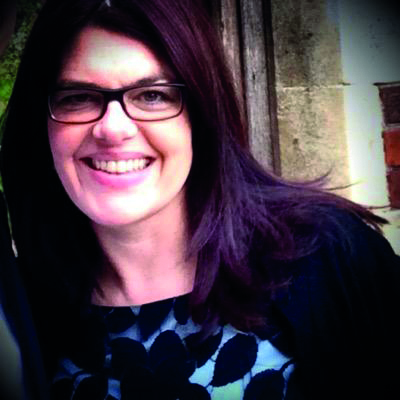SUNDAY, 27 MAY 2018
I’d like the counsellors to know what a profound effect they can have on students’ lives many years after their sessions end. My sessions with one of your counsellors were at a time when I intended to end my life. Clearly I survived and went on to have a happy marriage and a fulfilling career. This weekend visiting my son who is a student, I can’t help but relive that difficult period of my life. Your counsellor probably didn’t realise what she did for me but please encourage your counsellors to keep doing what they do. Feedback from a former student who used the counselling service
 I have always been interested in helping and empowering people. I have spent all my career in social care, working as a counsellor with sexual abuse survivors, drug and alcohol users, young people and students. Working with students, we meet people from all backgrounds; we can make a real difference by supporting them and helping them to reach their goals when they are at university.
I have always been interested in helping and empowering people. I have spent all my career in social care, working as a counsellor with sexual abuse survivors, drug and alcohol users, young people and students. Working with students, we meet people from all backgrounds; we can make a real difference by supporting them and helping them to reach their goals when they are at university.The UCS sees over 8.5% of the student population for counselling – last year, 2095 students got in touch with us for help. In the past four years, the service has experienced a 33.86 % increase in the number of students contacting us, with a marked rise in the academic year 2017/2018. We received a record 110 counselling first appointments during the first week of Michaelmas term 2017, compared to 380 referrals for the whole month of October in 2016.
This rise reflects national and international trends. There is a lot less stigma regarding asking for help with mental health issues, which we see in the number of students who access our service. Counselling is also increasingly part of mainstream educational provision at secondary level, rather than an emergency measure accessed by only a very small minority of students. Students who have been accustomed to being counselled throughout school will continue to seek this support at university.
There are several other factors that contribute to that surge in demand. Between 2008 and 2018 there has been an increase of disclosures of mental health difficulty of over 1600% in students. Finally, part of the growth in demand mirrors the increase in the number of graduate students across the university, as our service sees a higher proportion of this population. Last academic year 45.9% of those attending counselling were postgraduates even though they make up 41.3% of the student population here.
Seeing a counsellor is about making a positive choice to get the help that you need. Please don’t wait until a problem has grown very serious - we would much rather you came early on, when problems can be resolved more quickly. The specialist support that we offer is tailored to the needs of Cambridge students, and is available on a continuum. Most people know us for our individual counselling, but we also teach students the skills they need to manage themselves successfully. For example, we run the largest Mindfulness programme offered in a British university. We also have consultations with a mental health advisor for those in crisis or managing an ongoing psychiatric condition, consultations with our psychiatrist, or appointments with the university Sexual Assault and Harassment Advisor.
If you need someone to talk to or emotional support you can contact the Samaritans 24 hours a day on 116 123 or at jo@samaritans.org
WcMgcq
